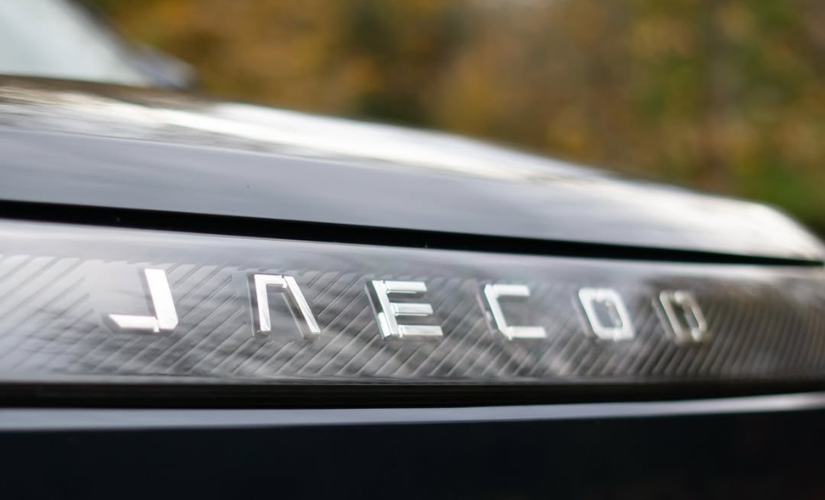Ever since electric cars came onto the scene, there’s been an ongoing debate about whether you should still be buying a new petrol or diesel vehicle. 10 years ago, the answer was fairly easy: while there were obvious environmental benefits to driving a zero-emission vehicle, the infrastructure wasn’t in place, the upfront costs were too high, and the choice was too limited for Team Electric to win much support.
Fast forward to today, and the picture is more complicated. Electric vehicles (EVs) have become far more affordable and practical, but petrol and diesel still have their advantages in certain situations. If you’re thinking of buying in 2025, here’s a look at the case for each.
The case for electric
One of the biggest barriers to going electric has always been the price, but that’s changing fast. Many EVs are now close in cost to their petrol or diesel counterparts, with the likes of Vauxhall Frontera even achieving price parity between their electric and petrol models. When you factor in the lower running costs, the total cost of ownership can quickly tip in the EV’s favour. The used EV market has also grown rapidly, with prices dropping enough to make them a realistic choice for drivers who maybe wouldn’t have considered them before.
EVs are also cleaner, of course, which helps improve air quality and reduce your carbon footprint. With more towns and cities introducing or expanding Clean Air Zones, driving electric means avoiding daily charges that can quickly add up for petrol and diesel drivers.
Charging infrastructure has improved dramatically too. As of July 2025, the UK has more than 84,000 public chargepoints. In cities, drivers are seeing better on-street charging availability and new innovations like cross-pavement chargers, which make it easier for those without a driveway to plug in.
And then there’s the day-to-day running costs. Charging an EV can cost as little as 6p per mile compared to around 17p for petrol or diesel. Add in the fact that EVs have fewer moving parts — meaning less to service or replace — and the long-term savings become hard to ignore.
The case for petrol and diesel
That said, petrol and diesel still have strong selling points. In general, they’re still cheaper to buy upfront, even if the gap with EVs is shrinking. For drivers who live in rural areas, the flexibility of a traditional fuel tank is hard to beat.
Range is another consideration. While many high-end EVs now match or exceed petrol ranges, more affordable electric models can still fall short for those doing frequent long-distance trips. The convenience factor also plays a role — filling up a petrol or diesel tank takes just a couple of minutes, whereas even the fastest rapid chargers require at least 15 minutes to top-up.
And while public charging is improving, not everyone has access to a home charger. Relying entirely on the public network can still be frustrating at times, with occasional queues, out-of-service chargers, or awkward locations. For these drivers, sticking with petrol or diesel may feel more dependable for now.
So, should you go for a petrol or diesel car in 2025?
For many people — especially those in urban or suburban areas with good charging options — the case for EVs is stronger than ever. They’re cleaner, cheaper to run, and no longer as expensive to buy as they once were.
However, petrol and diesel cars still make sense for some drivers, particularly those in rural areas, those covering high mileages on long routes, or anyone who values the speed and convenience of refuelling over the growing benefits of going electric.
Ultimately, the right choice depends on your driving habits, where you live, and how often you can charge. But one thing is clear: EVs are fast becoming the go-to option in 2025 for an increasing number of UK drivers.
.png)


.png)
.png)
